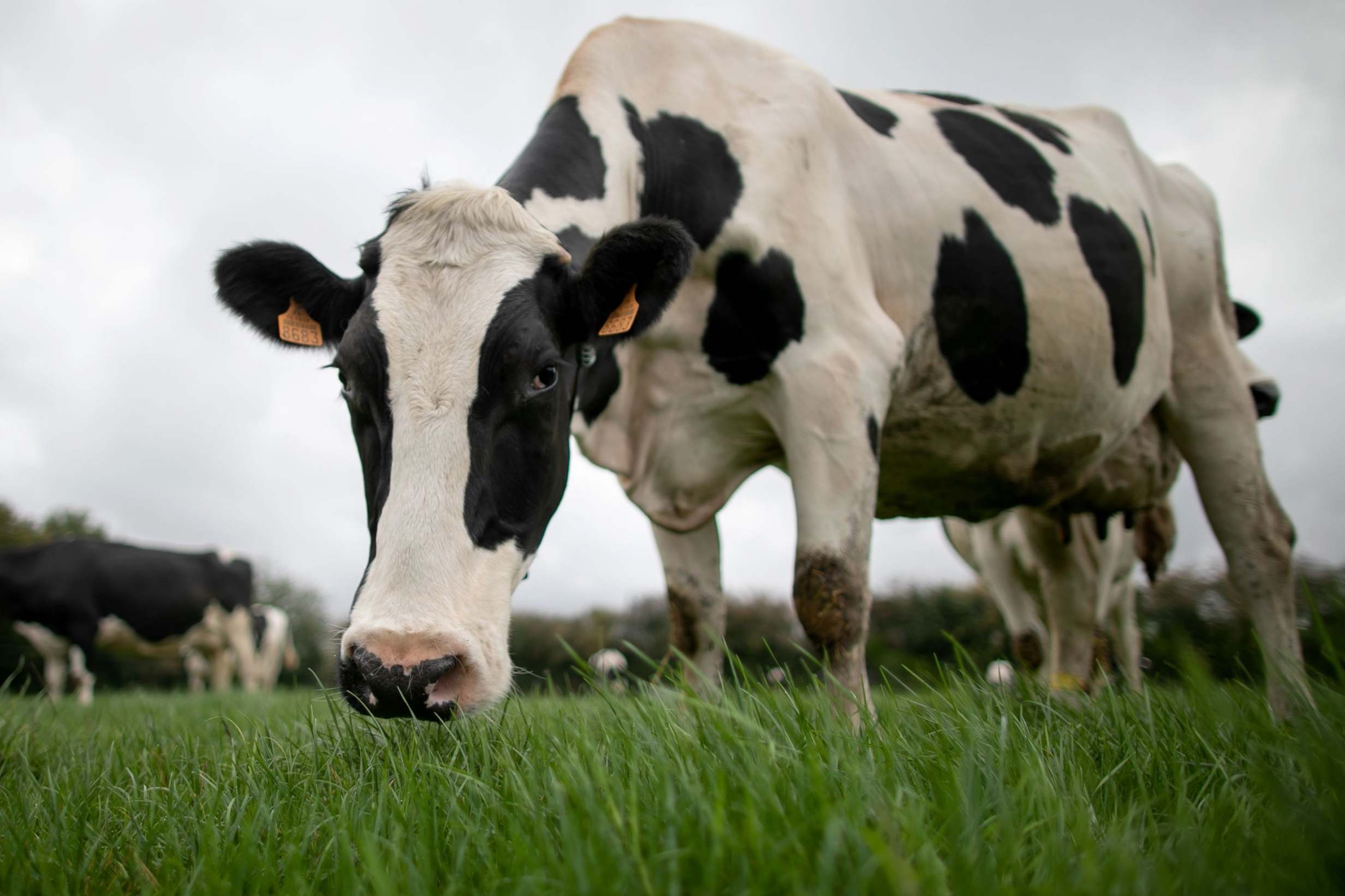Cut meat and dairy intake by a fifth to tackle climate crisis, says report
The report recommends taxing these foods if the public do not willingly reduce consumption

Your support helps us to tell the story
From reproductive rights to climate change to Big Tech, The Independent is on the ground when the story is developing. Whether it's investigating the financials of Elon Musk's pro-Trump PAC or producing our latest documentary, 'The A Word', which shines a light on the American women fighting for reproductive rights, we know how important it is to parse out the facts from the messaging.
At such a critical moment in US history, we need reporters on the ground. Your donation allows us to keep sending journalists to speak to both sides of the story.
The Independent is trusted by Americans across the entire political spectrum. And unlike many other quality news outlets, we choose not to lock Americans out of our reporting and analysis with paywalls. We believe quality journalism should be available to everyone, paid for by those who can afford it.
Your support makes all the difference.People should cut the amount of meat and dairy products they are eating by 20 per cent in order to combat the climate crisis, claims a new report.
The report was published by the Committee on Climate Change (CCC), the government’s official advisors on the climate emergency.
In May 2019 the committee was behind the UK parliament making history in declaring that an “environment and climate change emergency” was taking place.
The new report says public bodies need to lead the way on offering plant-based options for all meals, but if people don’t cut consumption willingly then taxes might need to be introduced.
The report proposes that taxes on beef and lamb and dairy could be needed if the public doesn’t naturally change consumption habits.
The authors say reducing meat and dairy consumption by a fifth would save the equivalent of seven million tonnes of CO2 from farms.
It also recommends a host of other measures to cut greenhouse gas emissions from the countryside including restoring peat bogs and increasing forest cover from 13 per cent to 17 per cent in 30 years.
“We can’t meet the government’s 2050 Net Zero target without major changes in the way we use the land, the way we farm, and what we eat,” CCC chief executive Chris Stark told the BBC.
According to research from market experts Mintel, almost 25 per cent of all new food products launched in the UK in 2019 were vegan.
And two thirds of Britons are now choosing to eat substitutes with some meals. But the number of vegans (those not eating meat and dairy) is still only 1.16 per cent of the population.
Although the Vegan Society says this number (600,000) has quadrupled since 2014 when there were only 150,000 vegans.
A 2018 study from the University of Oxford found eating a vegan diet could be the “single biggest way” to reduce your environmental impact on earth.
Cutting meat and dairy products from your diet could reduce your carbon footprint by 73 per cent.
Meanwhile, if everyone stopped eating these foods, they found that global farmland use could be reduced by 75 per cent, an area equivalent to the size of the US, China, Australia and the EU combined.
Join our commenting forum
Join thought-provoking conversations, follow other Independent readers and see their replies
Comments